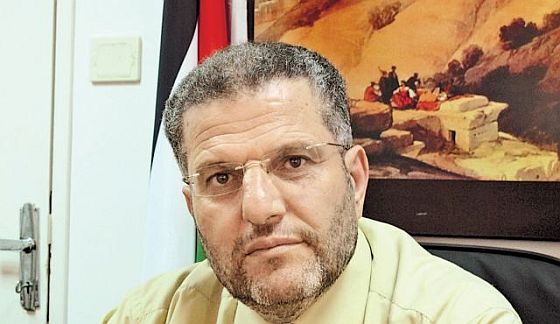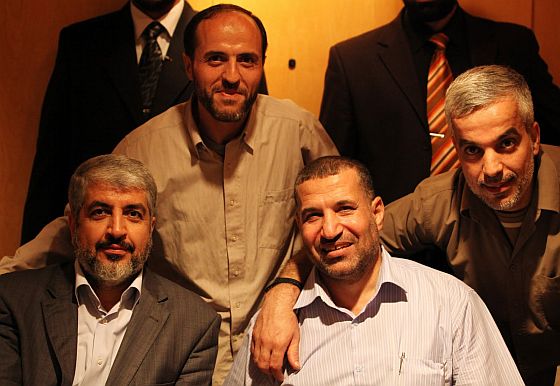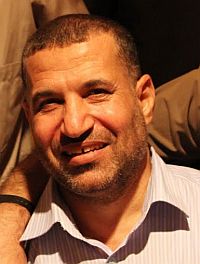Ending terrorism is much easier than most people realize. All it requires is a change in language and from that can follow a change in perceptions. That doesn’t mean adopting some kind of Obama-speak euphemism like “violent extremism” but rather an objective and descriptive term that has explanatory power.
“Terrorism” connotes random acts of violence conducted by evil, nihilistic people. As such, the problem of terrorism is reduced to the need for its eradication. But trying to eradicate terrorism is like trying to eradicate a disease without identifying the virus that causes it.
If instead of talking about “terrorism,” we talk about “political violence,” the term immediately demands consideration of the political motives which lie behind such acts of violence.
If Western governments and Israel continue to insist on referring to Hamas as a terrorist organization, they do a disservice to their own citizens and hold up a conceptual barrier that obstructs political changes — changes that would not be as difficult to effect as most people imagine.
Ed Husain writes: When I visit Jerusalem and the West Bank, I frequently ask young Arabs about their views on Hamas. In almost every discussion, Christians and Muslims alike refuse to label Hamas as a “terrorist” organization. When I raise criticism of Hamas and its targeting of innocent civilians, my comments never register. The responses are some variation of “Israel has taken over our lands and killed thousands of Arab civilians over the years. Hamas is only resisting occupation and fighting for our rights.”
I hear similar sentiments in Egypt, Saudi Arabia and even non-Arab Pakistan. Al-Jazeera Arabic gives prominence to the popular Egyptian Muslim Brotherhood cleric Yusuf al-Qaradawi, who has repeatedly called suicide bombings against Israelis not terrorism, but “martyrdom.” He argues that since Israelis all serve in the military, they are not civilians. Even children, he despicably argues, are not innocent. They would grow up to serve in the military. Qaradawi is not alone.
I can name tens of Muslim clerics, important formulators of public opinion in a region dominated by religion, that will readily condemn acts of terrorism against the West, but will fall silent when it comes to condemning Hamas or Islamic Jihad. Put simply, support for violent resistance against Israel among Arab and Muslim-majority countries — including allies of the United States such as Qatar, Saudi Arabia, Egypt, Turkey, Tunisia — remains popular.
Hamas benefits from that support. From radical Iran to moderate Tunisia, Hamas’ Prime Minister Ismail Haniyyeh was welcomed by vast cheering crowds during visits this year.
In a new Middle East, where popular opinion matters more than ever before, to demand that people condemn Hamas is a political nonstarter. It won’t happen. Israel’s talk of Hamas terrorism has failed to convince the Muslim and Arab masses. And worse, the label of “terror” loses its importance when entire populations, essentially, see nothing wrong with Hamas’s violent activities.
In short, Israel’s strategy has failed to win Muslim hearts and minds. In the long term, it cannot continue to rely on military superiority and Western support in the face of popular hostility. Israel is a nation in the Middle East, and it needs to find a home and place among its increasingly democratic neighbors. The old ideas of “we do not talk to terrorists” are not only strategically futile, but also untrue.
In order to secure the release of kidnapped Israeli soldier Gilad Shalit, Israelis (in both official and unofficial capacities) negotiated with Hamas. In spite of the Netanyahu government’s bluster about refusing to deal with Hamas now, securing a cease-fire involves doing exactly that with the help of Egypt’s new Islamist government.
In the past, Israel refused to talk with the PLO and Yasser Arafat, and in 1988, despite Israel’s intransigence, the United States opened a dialogue with the PLO and thereby helped steer the organization to its nonviolent politics today. Similar examples abound in recent history from South Africa, where Margaret Thatcher once called the African National Congress and Nelson Mandela terrorists, to Northern Ireland’s Sinn Fein.
In short, when the political calculations shift, the actions of terrorists are altered. Lest we forget, George Washington was labeled a terrorist by the British. But that label carried little weight amid his support base in America.




